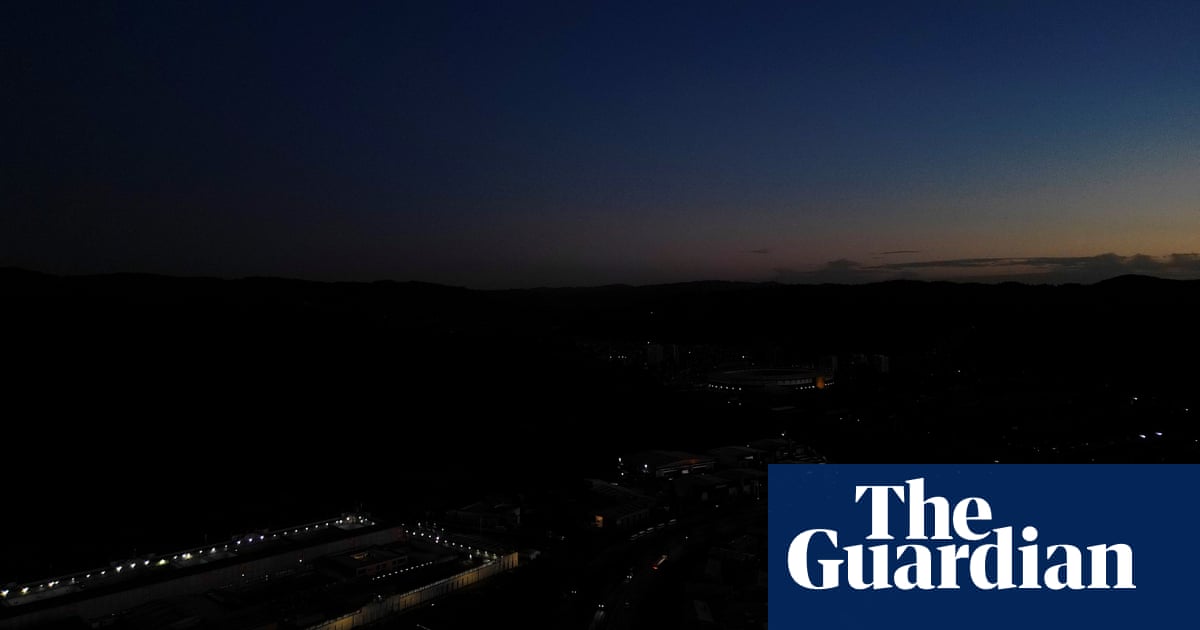WELLINGTON, New Zealand — The owners of an island volcano in New Zealand where 22 tourists and local guides died in an eruption had their criminal conviction for failing to keep visitors safe thrown out by a judge on Friday.
The release of the decision followed a three-day hearing last October for the owners’ company at the High Court in the city of Auckland where they appealed the charges laid by New Zealand’s workplace health and safety regulator following the 2019 eruption of Whakaari, also known as White Island.
The company, Whakaari Management — run by three brothers who own the active volcano on New Zealand’s North Island — was ordered in March 2024 to pay millions of dollars in fines and restitutions to the victims of the eruption, who were mostly U.S. and Australian cruise ship passengers on a walking tour.
Lawyers for the company filed an appeal against the criminal conviction the same month.
The case hinged on whether Whakaari Management — which granted access to the volcano to tourists and scientific groups, collecting fees for permits — should have been in charge of safety at the volcano site under New Zealand’s workplace health and safety laws. Anyone in charge of a workplace must ensure management of hazards and the safety of all there, including at entry and exit points.
Survivors told the trial in emotional testimony during the company’s 2023 trial that they had not been told the active volcano was dangerous when they paid to visit it. They were not supplied with protective equipment, and many were wearing clothing that made their horrific burns more damaging.
In Friday’s written ruling, Justice Simon Moore ruled the company did not have a duty under the relevant law to ensure that the walking tour workplace was without risks to health and safety. He agreed with the company’s lawyers that the firm only granted access to the bare land to tourism business — and should not have been legally considered the entity that managed or controlled the workplace.
The case had far-reaching implications and has already changed the laws governing New Zealand’s adventure tourism industry, which is often based around outdoor thrills on or around the country’s many natural hazards. Operators must now take all reasonable steps to inform customers of any serious risks.
The lawyers for the company said during last October’s hearing that if the conviction was allowed to stand, it would make other land owners reluctant to allow such activities to take place on their property — a suggestion rejected by the regulator.
Article by:Source:
















